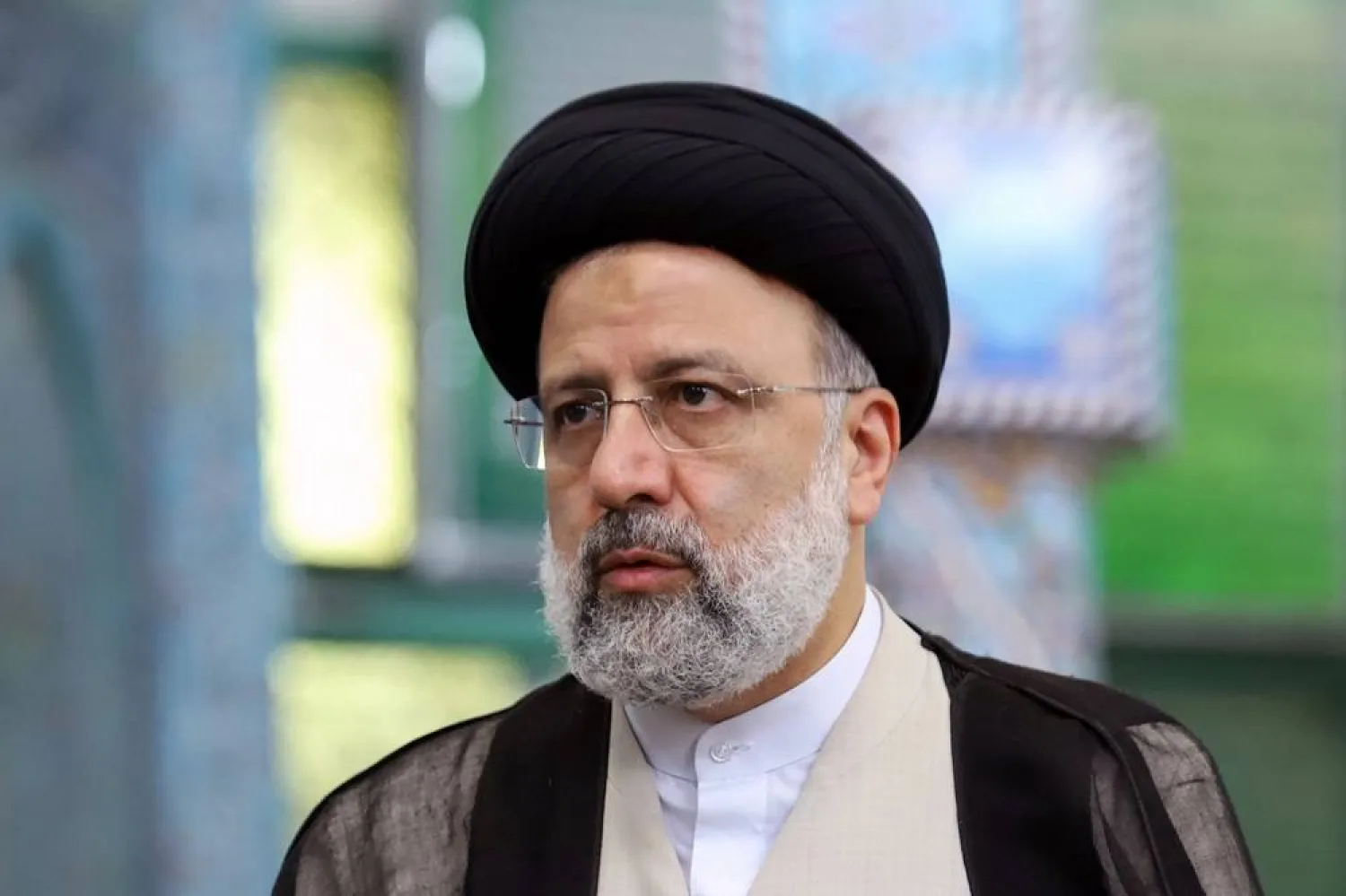The helicopter crash in which Iran's late President Ebrahim Raisi was killed in May was caused by weather conditions and the aircraft's inability to handle the weight it was carrying, Iran's semi-official news agency reported on Wednesday, citing a security source informed of the final investigation results.
A preliminary report by Iran's military had said in May that no evidence of foul play or attack had been found so far during investigations into the crash.
"The investigation in the case of Raisi's helicopter crash have been completed ... there is complete certainty that what happened was an accident," the security source that was not named told Fars news agency.
Two reasons for the accident were identified: the weather conditions were not suitable and the helicopter was unable to handle the weight, leading to it crashing into a mountain, the source added, according to Fars.
The investigations indicate that the helicopter was carrying two individuals more than the capacity that security protocols dictate, the source told Fars.
Raisi, a hardliner and potential successor to Supreme Leader Ali Khamenei, was killed in the crash in mountainous terrain near the Azerbaijan border.









